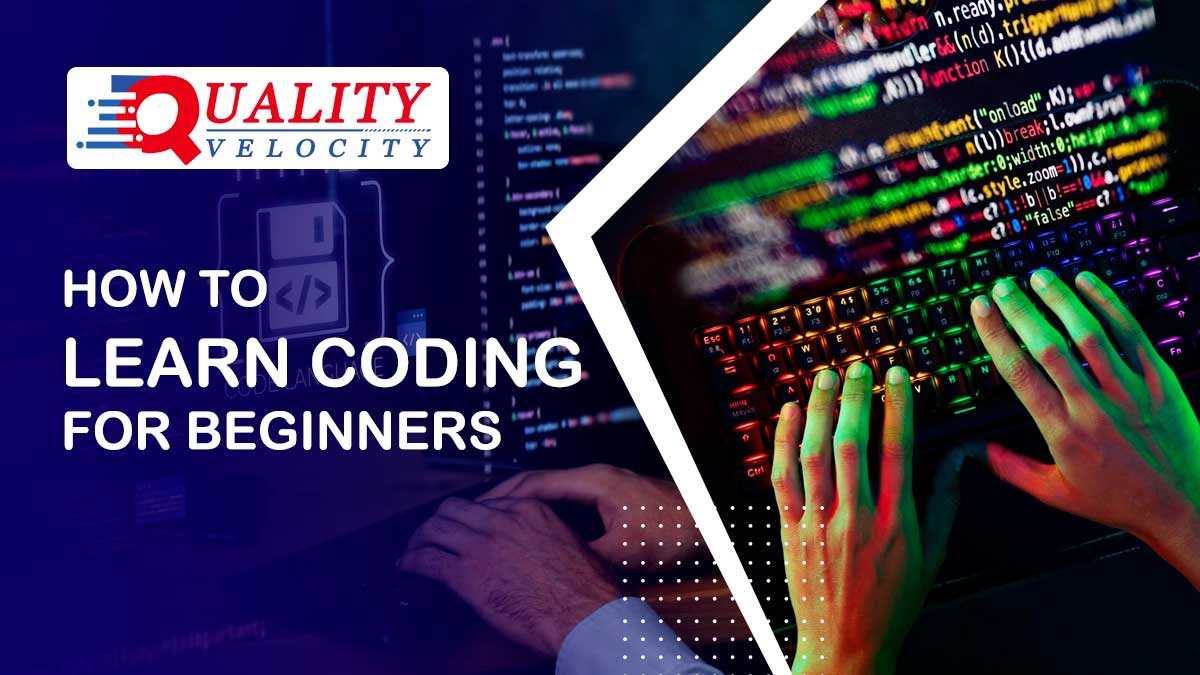Learning coding as a beginner can be an exciting and rewarding journey. Here are some steps to get started:
Select a language for programming: Choose a programming language that is easy for beginners to start with first. Python and JavaScript are widely used because of its ease of use and adaptability. Both languages are widely utilised in many different fields and have a wealth of learning materials.
Have a fundamental understanding of: Learn the basics of programming, including variables, data types, loops, functions, conditionals, and object-oriented programming (if appropriate). You can learn these ideas through coding courses, beginner's manuals, and online tutorials.
Online coding resources and tutorials: Look at websites like Udemy, Codecademy, and FreeCodeCamp that provide interactive lessons tailored for novices. To support your learning, these sites offer projects, activities, and step-by-step instructions.
Practice frequently: Learning to code requires consistent practise. Set aside time on a regular basis for coding challenges and exercises. Begin with simple programmes and progressively add more complexity. This strengthens your comprehension and develops your problem-solving abilities.
Practical tasks: Put your knowledge to use by completing practical projects. Start with easy projects like making a basic website, making a calculator, or making a simple game. These assignments help you gain real-world experience and comprehend how various coding ideas relate to one another.
Join online communities, coding forums, and social coding platforms such as GitHub to get support and interact with the community. Interact with seasoned programmers and other students; ask questions and, if necessary, seek advice. Working together and getting input from others can help you learn more quickly.
Examine the code samples and documentation: Get acquainted with the documentation of the programming language you are currently studying. It offers comprehensive details on language syntax, frameworks, and libraries. Read code samples as well as make an effort to comprehend the coding structure used by seasoned programmers.
Develop your problem-solving skills: Coding requires the ability to solve problems. Visit websites such as LeetCode, HackerRank, or Codewars to solve coding puzzles and challenges. These resources include a range of coding challenges to help you develop your ability to reason logically and algorithmically.
Increase the resources available to you for learning: Look into blogs, YouTube tutorials, and books on coding to augment your knowledge. Online resources abound that cover a wide range of coding topics and offer more clarifications and examples. These resources are free of charge.
Maintain your curiosity and never stop learning: the field of coding is always changing, therefore adopt a lifelong learning approach. Attend webinars, explore new online tutorials and courses, and follow coding blogs to stay up to date on the latest libraries, frameworks, and technologies.
Recall that learning to code requires patience and experience. Accept challenges, don't be scared to make errors, and take pleasure in using your newly acquired coding abilities to create something.






